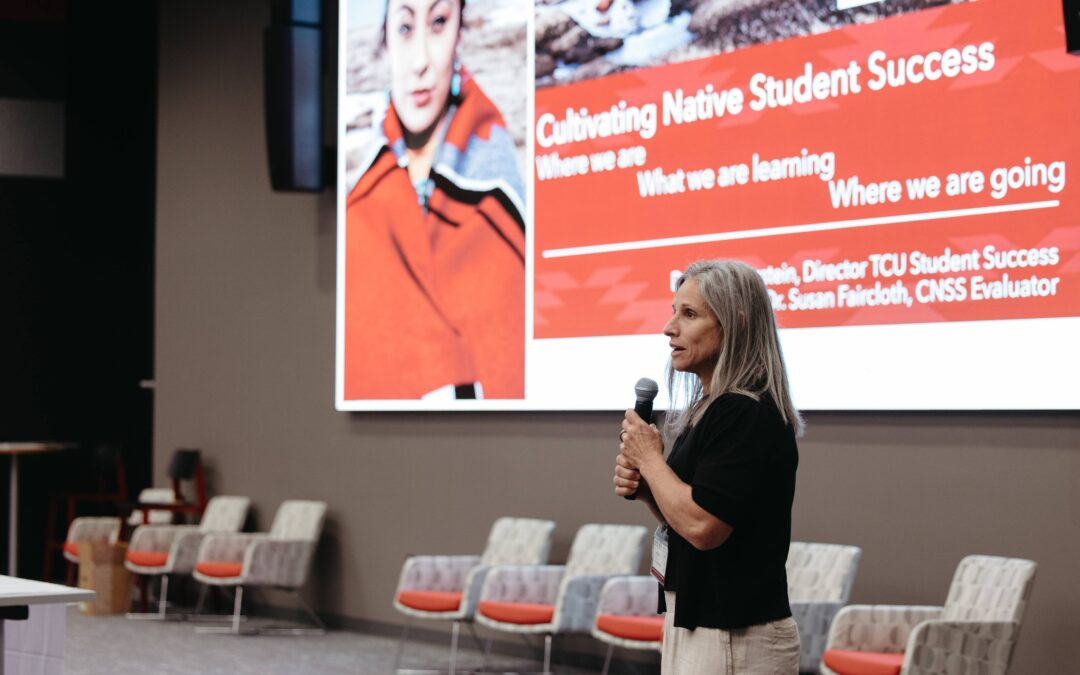Time Management
“Why don’t these people hurry up and order their coffee?! Don’t they know I have an exam in an hour and need to cram?!”
“I should probably go to the gym, but I stayed up late writing a paper again and now I just feel like I need a nap and some lunch before I start on the next task.”
“Yes boss, I realize that I am late for work again…but I have a really good excuse this time!”
If you have used any of the above phrases you may suffer from poor time management. This means that your time is managing you rather than the other way around.
See how Shawn gets caught in a web of time management blunders in this video created by students and staff at Navajo Technical University.
Failing to manage your time effectively can lead to stress, which is detrimental to your health and the well-being of those around you. By using effective time management to balance work, school, and family life, you will be better equipped for the road ahead as a student and beyond.
Here are a few tips to practice effective time management:
Organization is key
- Make a schedule each week and stick to it as much as possible (including times for homework, applying for scholarships, etc.).
- Keep a planner or a notebook that contains all of your assignment deadlines, class and work schedule, and other items you need to remember.
Make Realistic Goals
- Organize your priorities and know your limits.
- Set goals that work for you and your family’s schedules and timelines.
Make Time to Manage Stress
- Take breaks, ensure there is time (even if it isn’t much time) to pursue your hobbies and do what relaxes you, whether it is writing, cooking, or walking the dog.
- Stay active! Studies show that physical activity can help lower stress and increase productivity, even if it’s only 20 minutes a day.
Maximize your Time
Consider what time of the day is YOUR best time for focusing (are you a morning person, a night owl, or an afternoon powerhouse?) and schedule your classes and homework times to utilize your best times.
Remember the Reason Why
- It’s not always easy, but it is worth it.
- Remember why you are pursuing your academic goals to give back to your community and further develop yourself and your passions; be proud of your accomplishments and know that you can do it!










